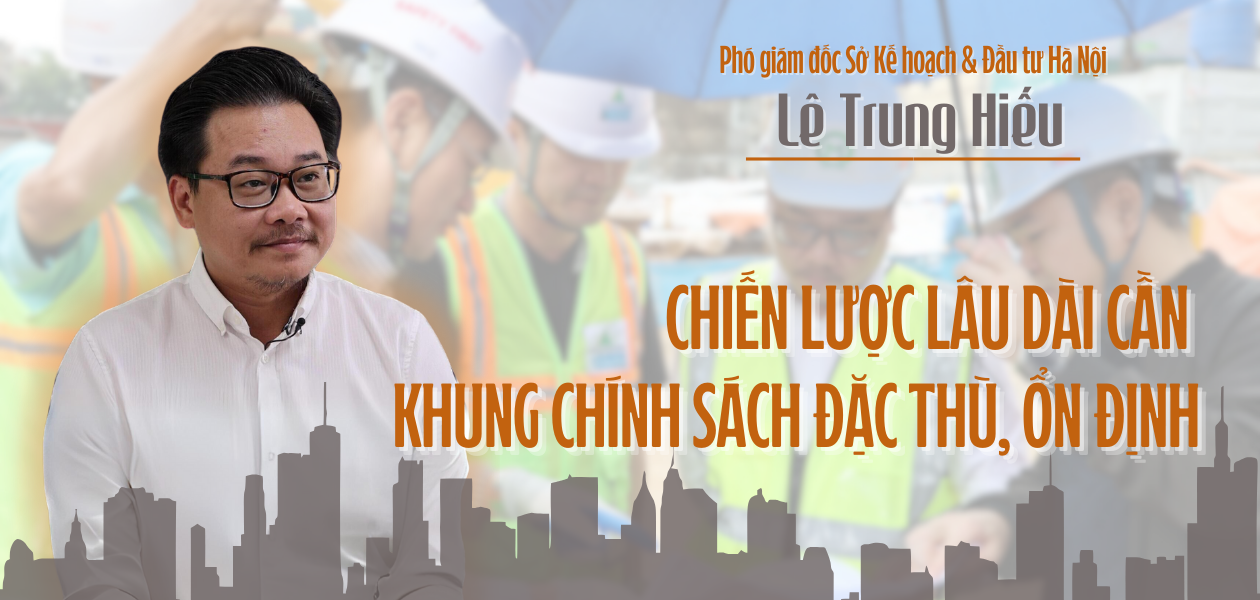


How do you evaluate the recent Urban Railway System Development Workshop in Hanoi and Ho Chi Minh City?
It can be affirmed that the Workshop was very successful, bringing practical insights, contributing to planning long-term and sustainable strategies for urban railway development as well as the TOD model (Transport-Oriented Urban Development) of the Capital and the whole country. This is an international Workshop, with the participation of many prestigious experts, scientists, and managers at home and abroad.

A notable point is that in all 5 discussion sessions taking place from January 17 to 19, there was the participation of leaders of the People's Committees of Hanoi and Ho Chi Minh City, a number of National Assembly Committees, ministries, departments and branches from the central to local levels. This shows that the Workshop was successful in both theory, policy consultation and practical experience acquisition.
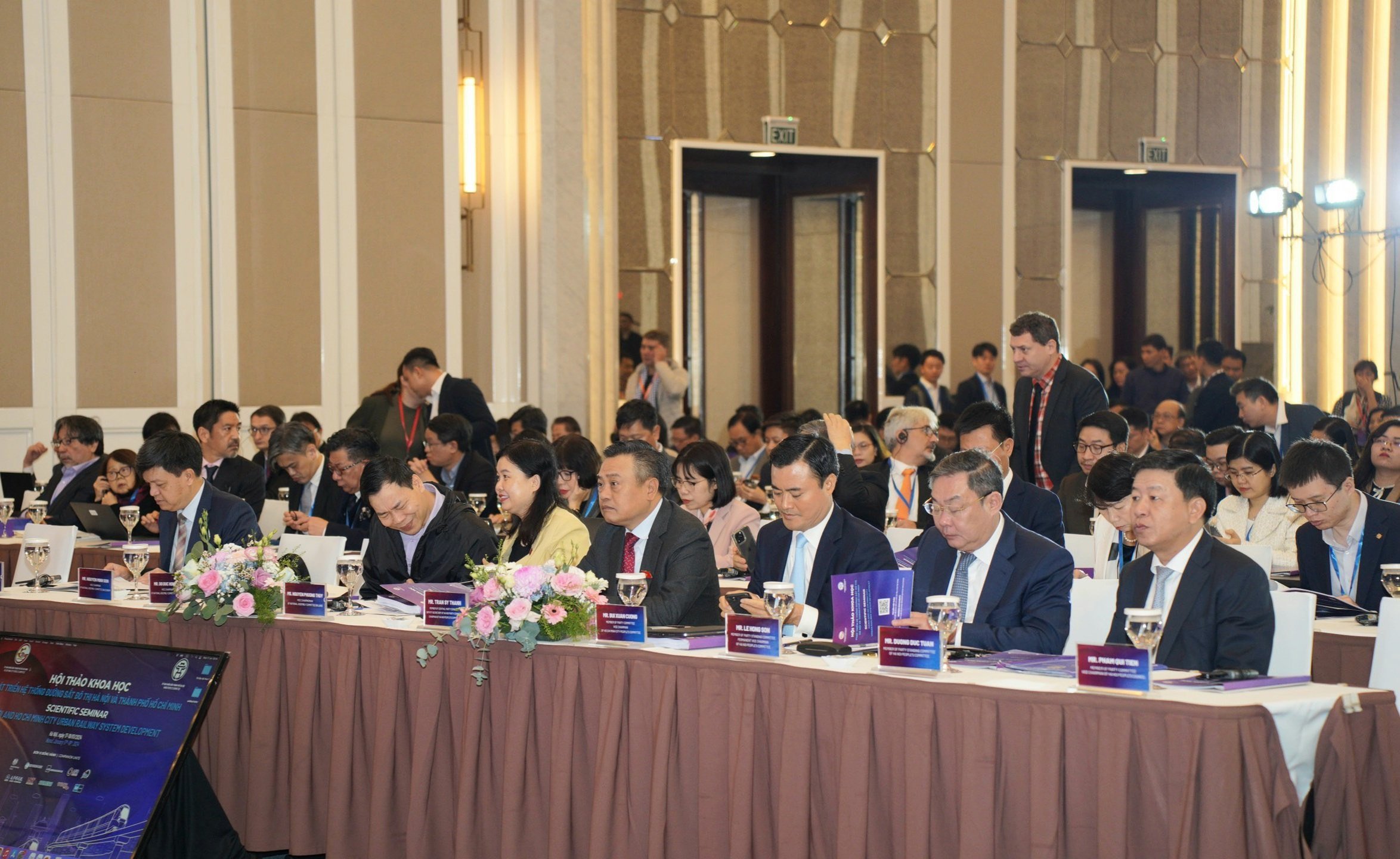
What does the participation of leaders of Hanoi People's Committee show, sir?
As I said, all the discussion sessions of the Workshop were attended by city leaders, from Chairman of the City People's Committee Tran Sy Thanh to Vice Chairmen of the City People's Committee: Le Hong Son, Duong Duc Tuan, Nguyen Trong Dong, Ha Minh Hai. This shows the importance of the Workshop for policy making and removing difficulties for urban railways in the capital.
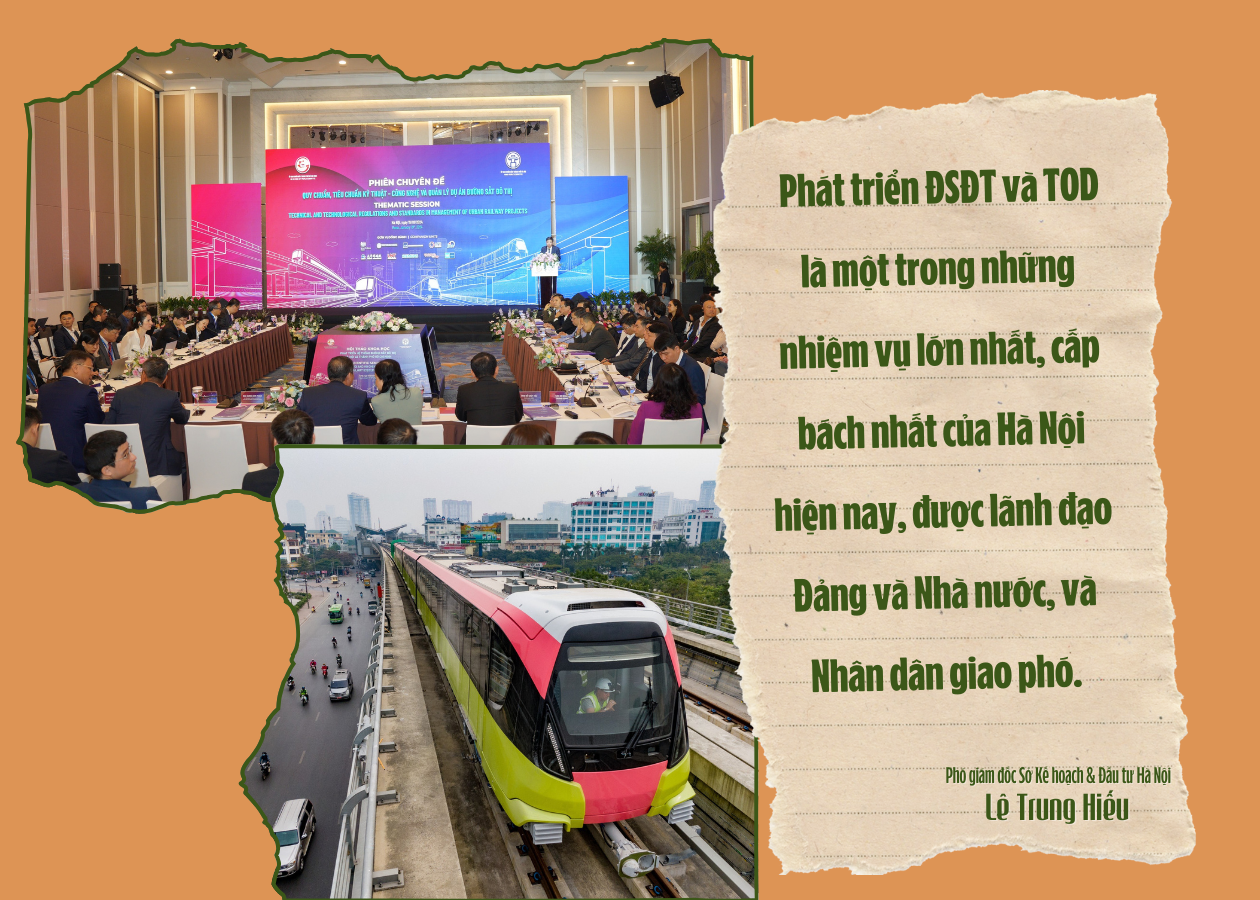
The participation of city leaders not only excited experts and scientists but also made the people of the capital clearly see the importance of urban railways and TOD for the future of the city, creating a very strong support effect in society.
On the other hand, at the Workshop, experiences and insights will be conveyed directly from the speakers to managers, bringing the highest efficiency in terms of policy consultation. Developing urban railways and TOD is one of the biggest and most urgent tasks of Hanoi today, assigned by the Party, State and People leaders. Therefore, the leaders of the City People's Committee have been very focused and urgently looking for a breakthrough direction for this field, and directly listening to and absorbing experiences from the Workshop clearly demonstrates that determination.

In your opinion, what is the most important and valuable thing to gain from the Workshop?
In my opinion, the Workshop has achieved three main results. One is the interest and enthusiastic and profound contributions of experts and scientists. Two is the demonstration of the receptiveness and determination to do urban railways and TOD of the urban authorities of Hanoi and Ho Chi Minh City. Three is the knowledge, solutions and experiences gained from the Workshop will become one of the basic foundations for the Government, the National Assembly... to consider and shape a strategic policy framework for the whole country in the field of urban railways and TOD.
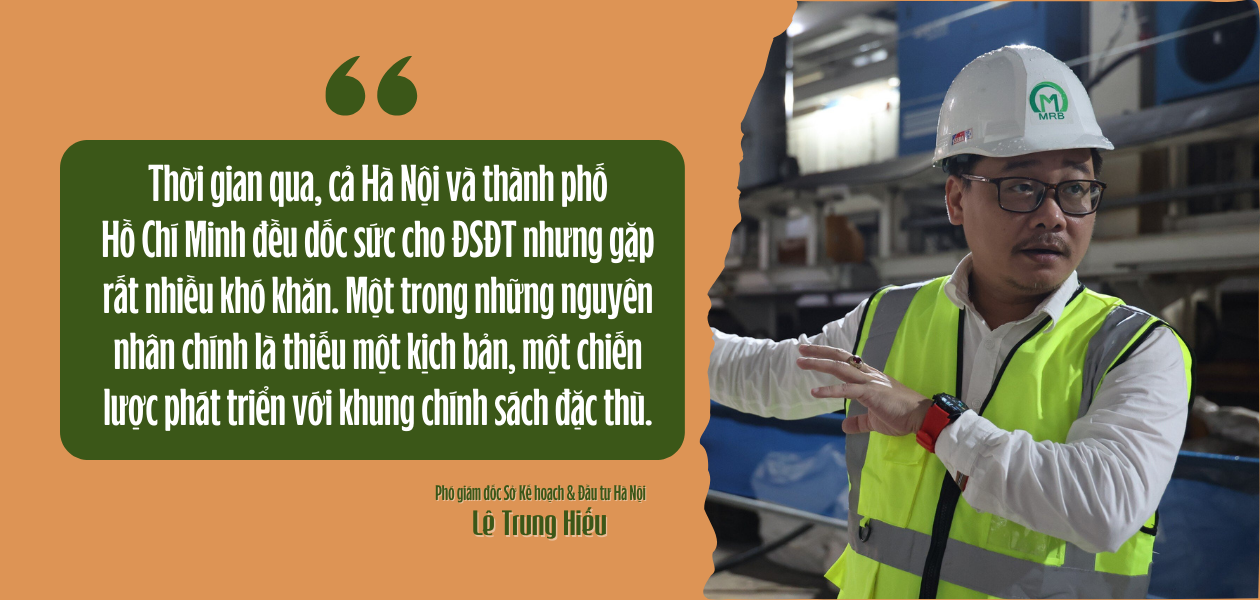
The problems related to: site clearance; technical standards and regulations; capital mobilization; or cooperation contracts... all originate from the lack of a specific and separate policy corridor for urban railways and TOD. Through the Workshop, valuable experiences from many countries that have gone before and succeeded with urban railways have been absorbed by Hanoi and will be selected to put into practice.
So how do you put that experience into practice?
At the workshop, Chairman of Hanoi People's Committee Tran Sy Thanh affirmed that the city will receive comments to complete the Project on developing the city's urban railway system in 5 key areas including: Urban planning and development in the direction of public transport (TOD); Land acquisition and clearance; Attracting resources from land; Technical and technological standards for urban railways; Management and organization model for implementing urban railway projects. In particular, the focus is on exchanging and sharing experiences on urban development models according to the TOD model and tools for recovering added value from land.
It can be seen that the city leaders have clearly identified important issues for urban railways, TOD and implementation resources. The experiences in the 5 groups of fields mentioned above have been absorbed, but to apply them in practice, it is necessary to be filtered and to do extensive research to come up with a separate policy framework suitable to the characteristics of our country and Hanoi. I think there will need to be more seminars and in-depth consultations to clarify the feasibility and necessity of each policy and regulation in this extremely complex and new field.

What is needed to build a strategy with specific and effective policies for urban railways and TOD, sir?
Through the recent workshop, it can be seen that we are too inexperienced and have not yet built effective strategies and policies suitable for our own urban railway and TOD development. To build appropriate strategies and policies, we must learn from countries and cities that have gone before and succeeded in this field. Then we must base on our own reality to apply. But most importantly, Hanoi as well as cities across the country must have the consistent support of the National Assembly, the Government, and the Central Ministries and branches in the process of developing urban railway.
The existing problems and practical shortcomings have been pointed out by experts such as: lack of regulations on appraisal, approval of TOD planning, recovery of land value during urban railway construction; lack of common technical standards and regulations; being bound by too many administrative procedures causing difficulties for urban railway projects; lack of experience in organizing the implementation of investment in construction of TOD projects (including development of urban railways and urban areas around stations) as well as the accompanying legal framework; ... All of these problems will be basically solved if the National Assembly passes the Law on the Capital, giving Hanoi autonomy in investing and constructing urban railway projects.
Thank you very much!
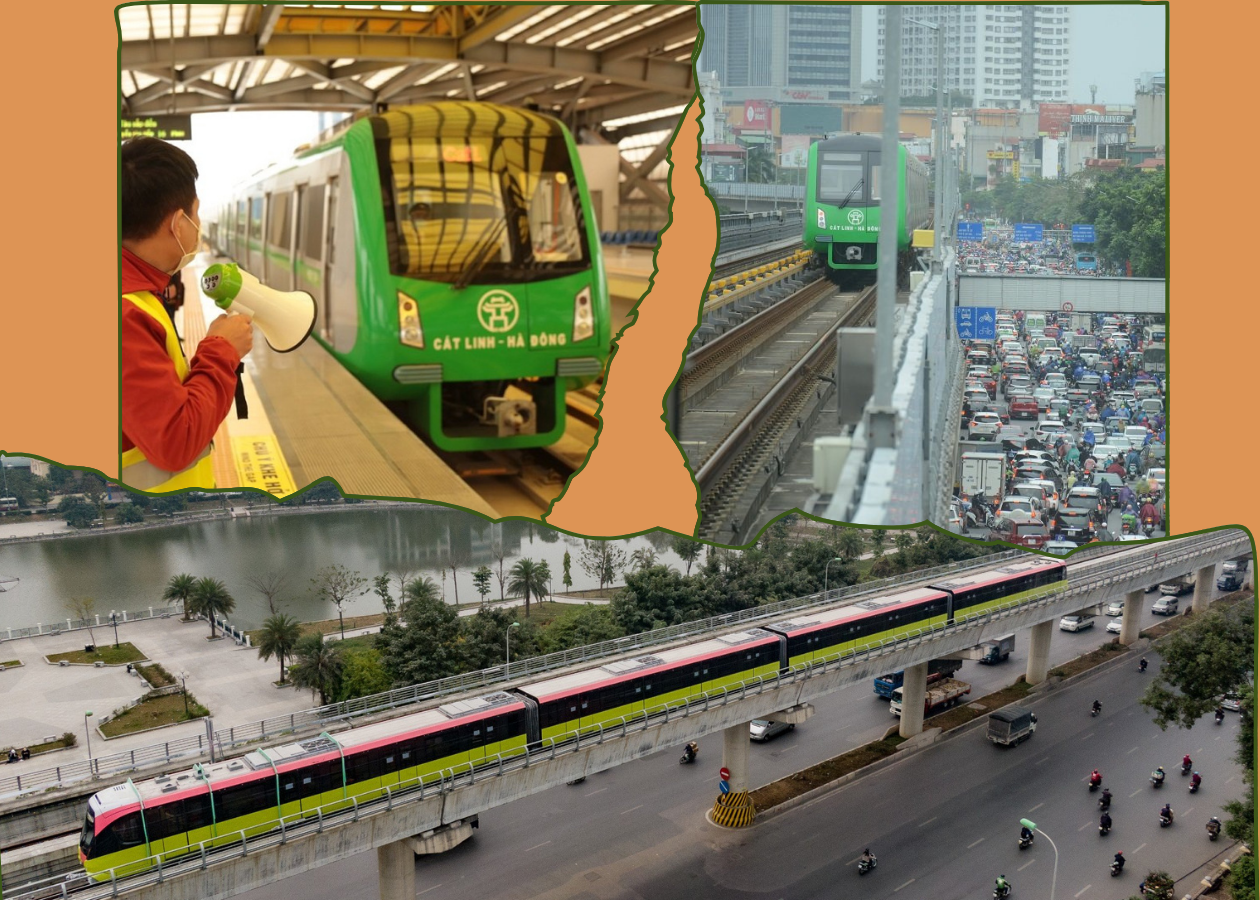

13:41 01/27/2024
Source




![[Photo] Overcoming all difficulties, speeding up construction progress of Hoa Binh Hydropower Plant Expansion Project](https://vstatic.vietnam.vn/vietnam/resource/IMAGE/2025/4/12/bff04b551e98484c84d74c8faa3526e0)
![[Photo] Closing of the 11th Conference of the 13th Central Committee of the Communist Party of Vietnam](https://vstatic.vietnam.vn/vietnam/resource/IMAGE/2025/4/12/114b57fe6e9b4814a5ddfacf6dfe5b7f)


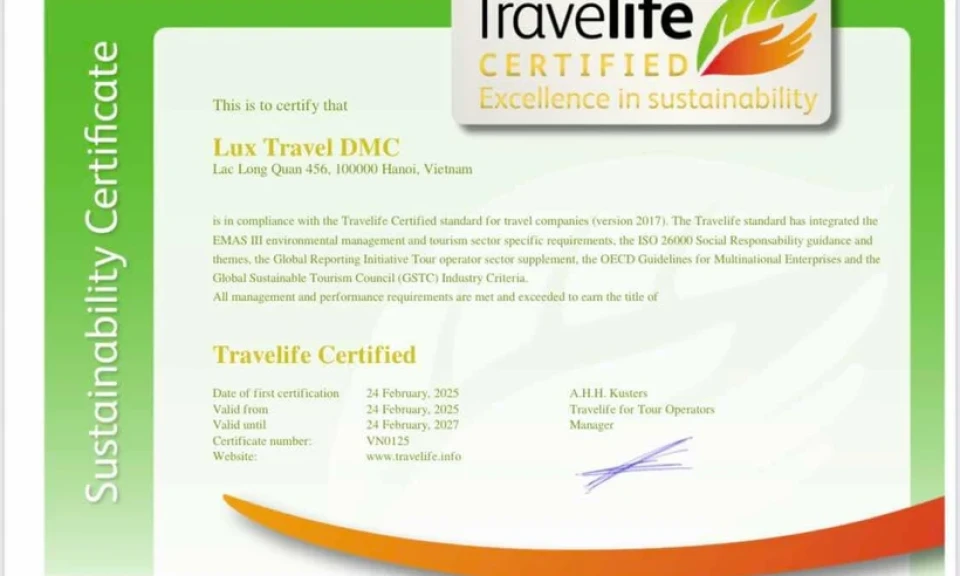


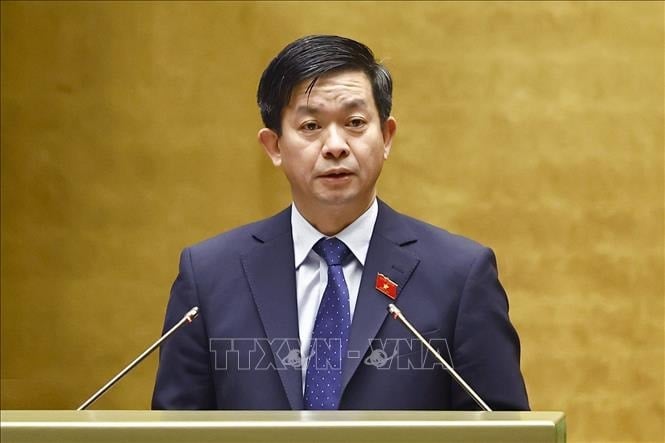
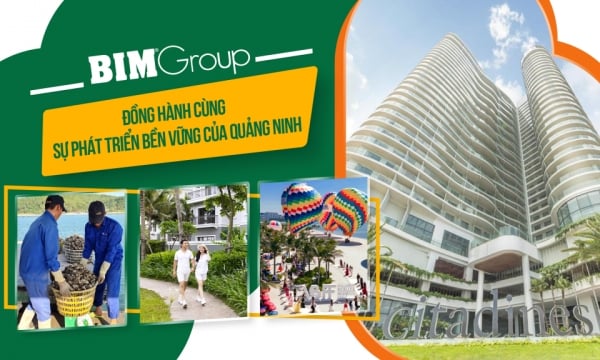
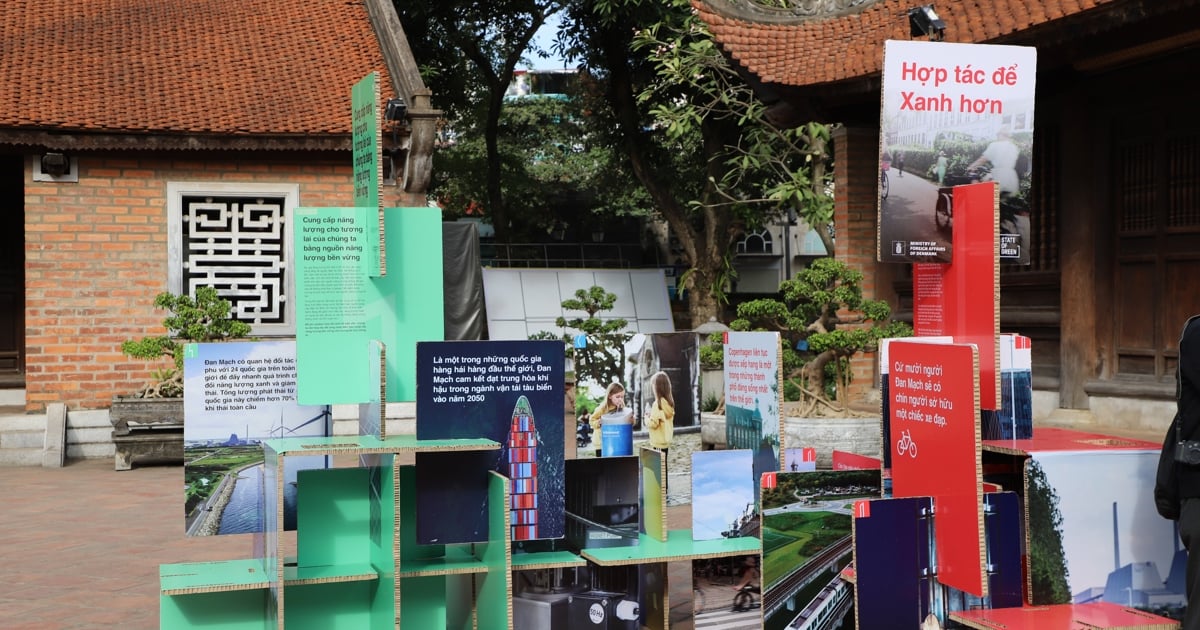
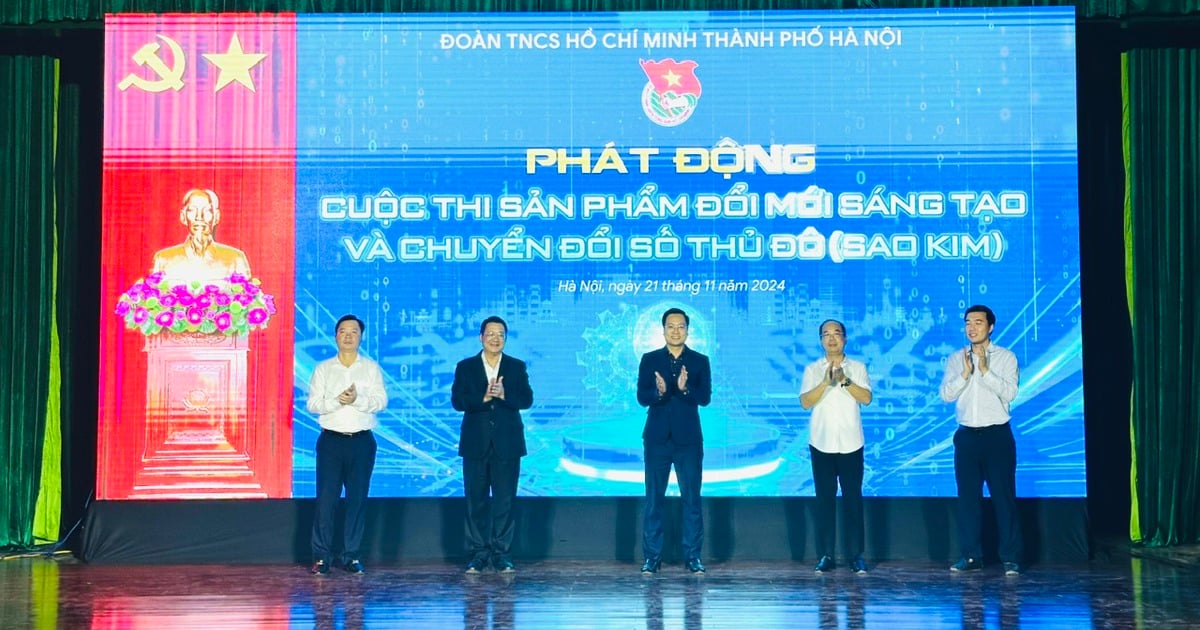
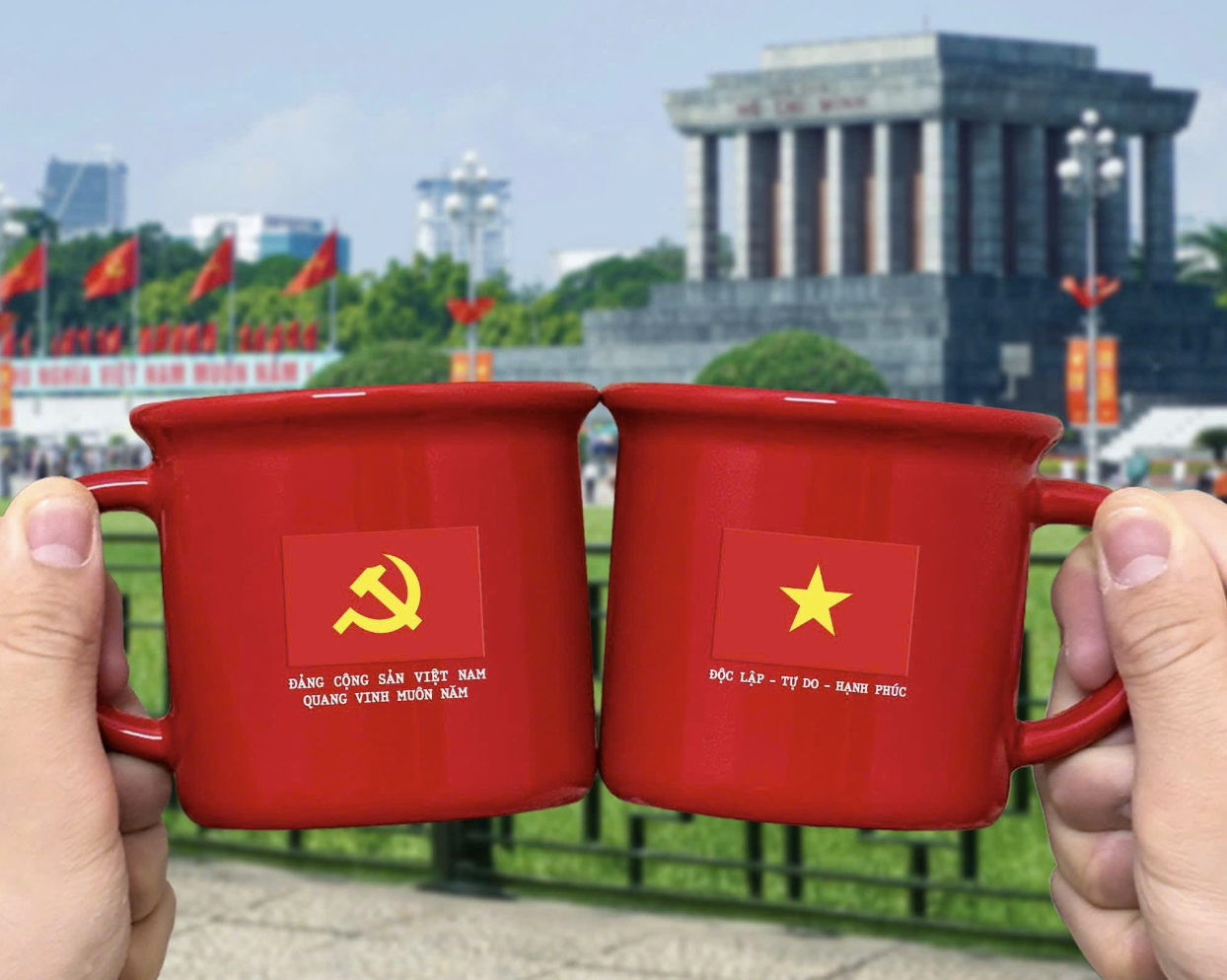
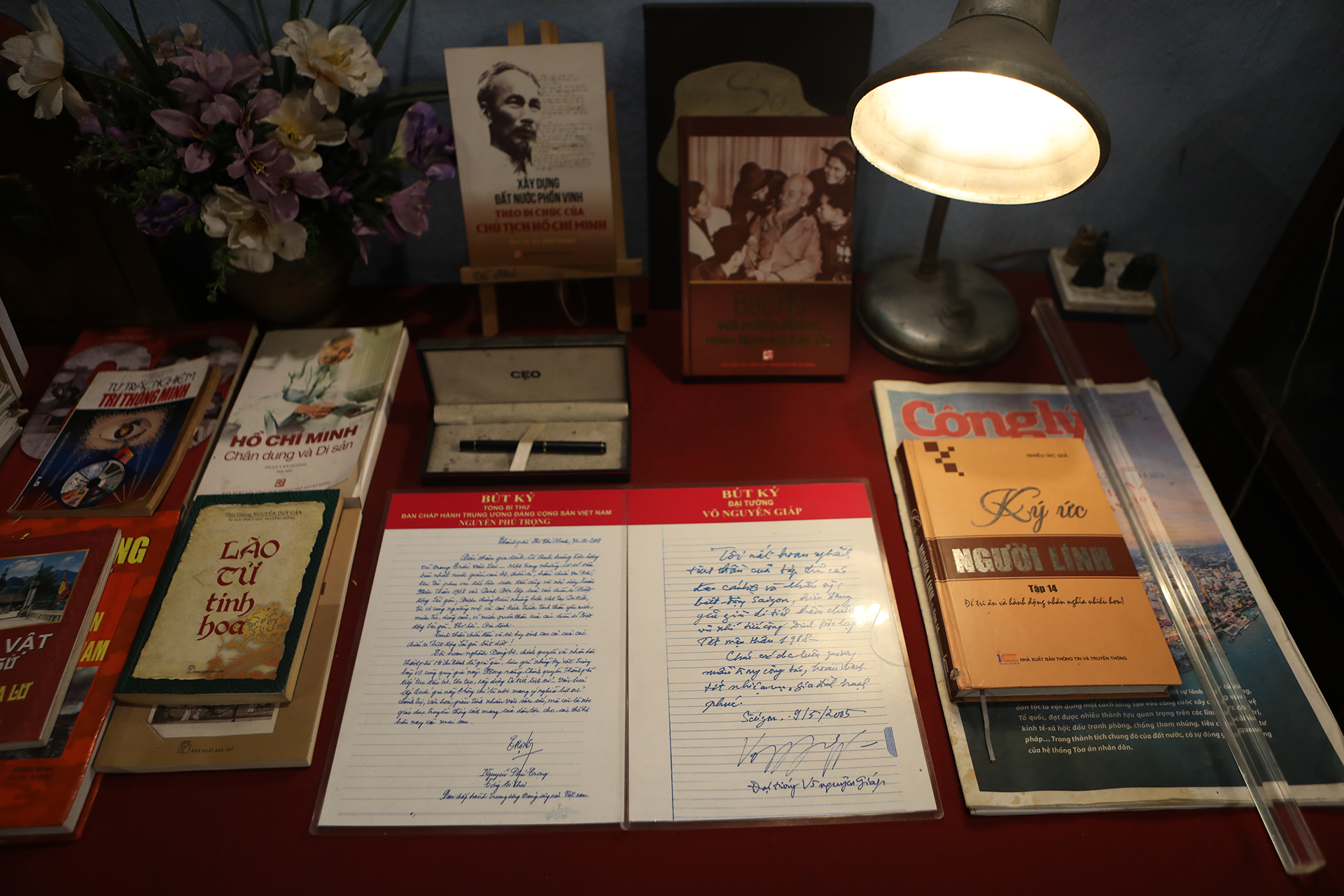
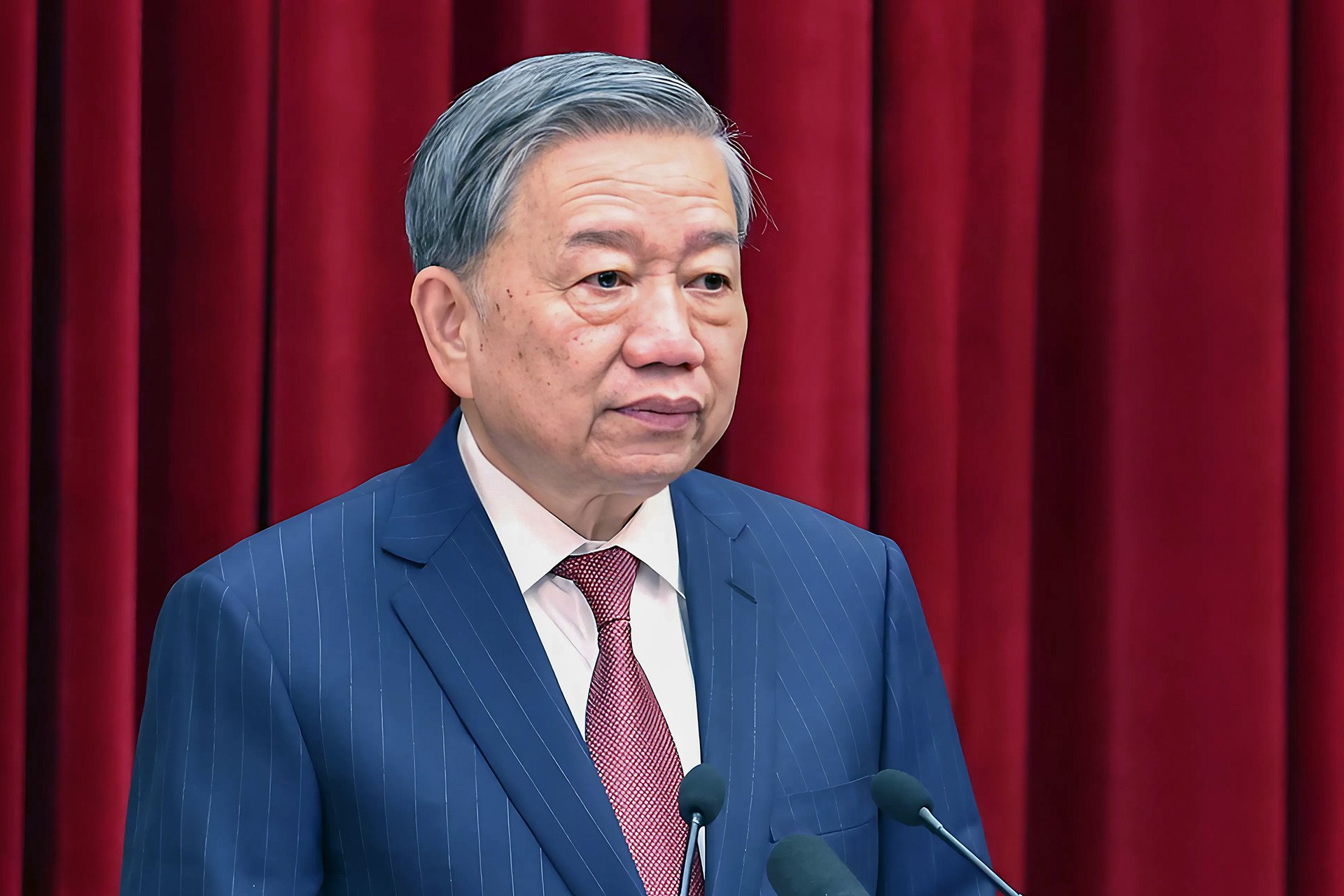
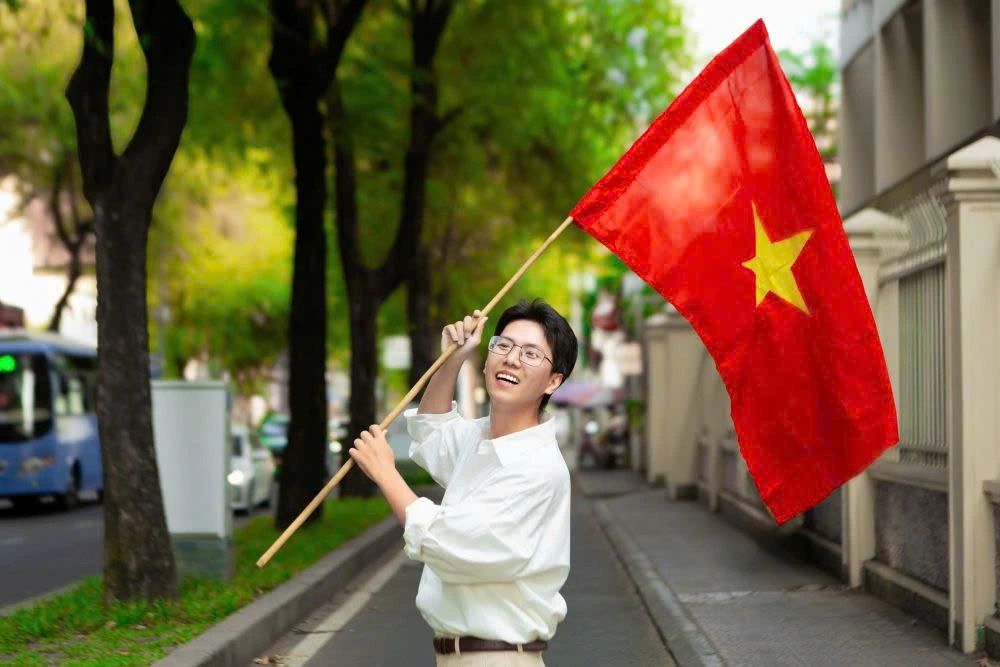
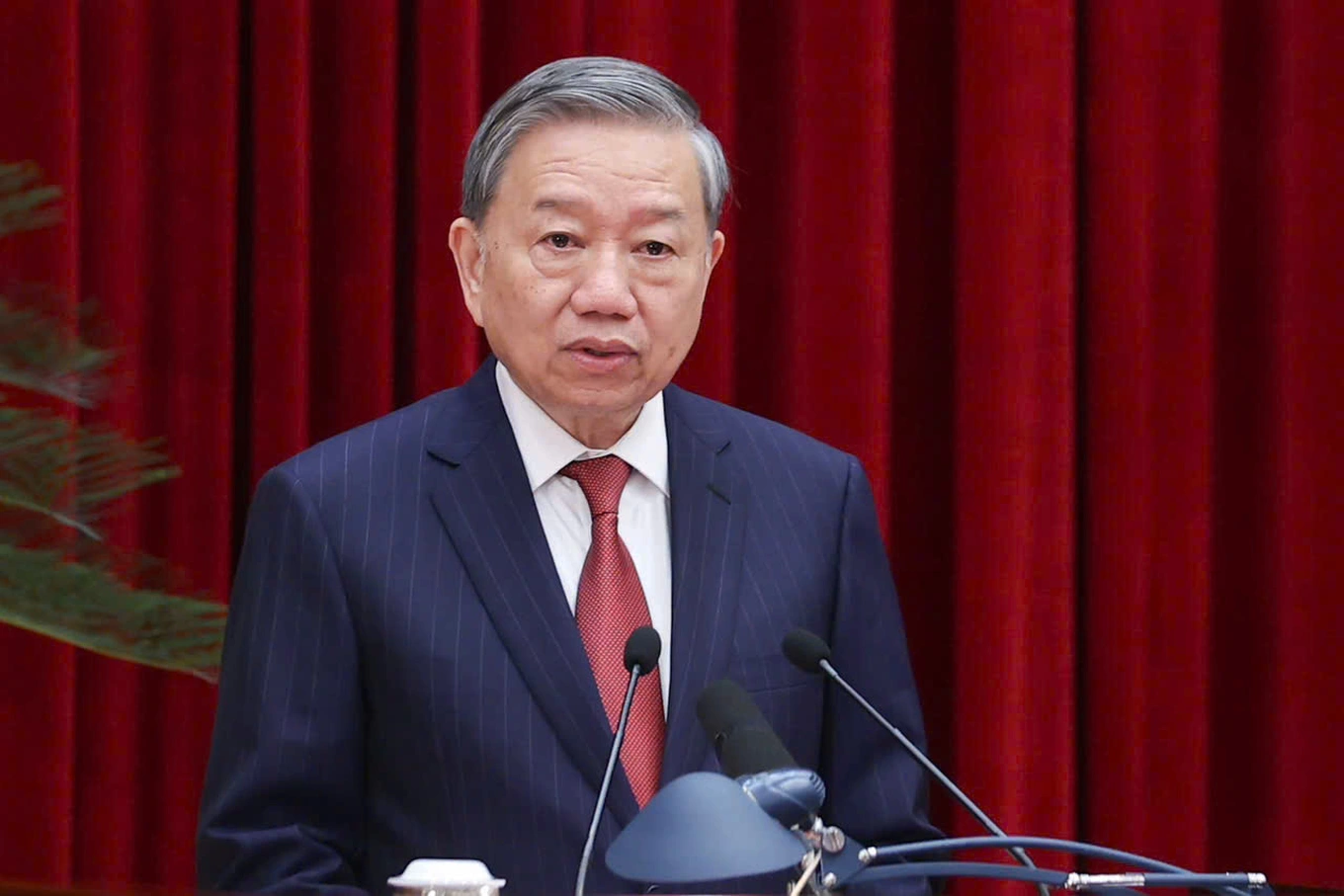
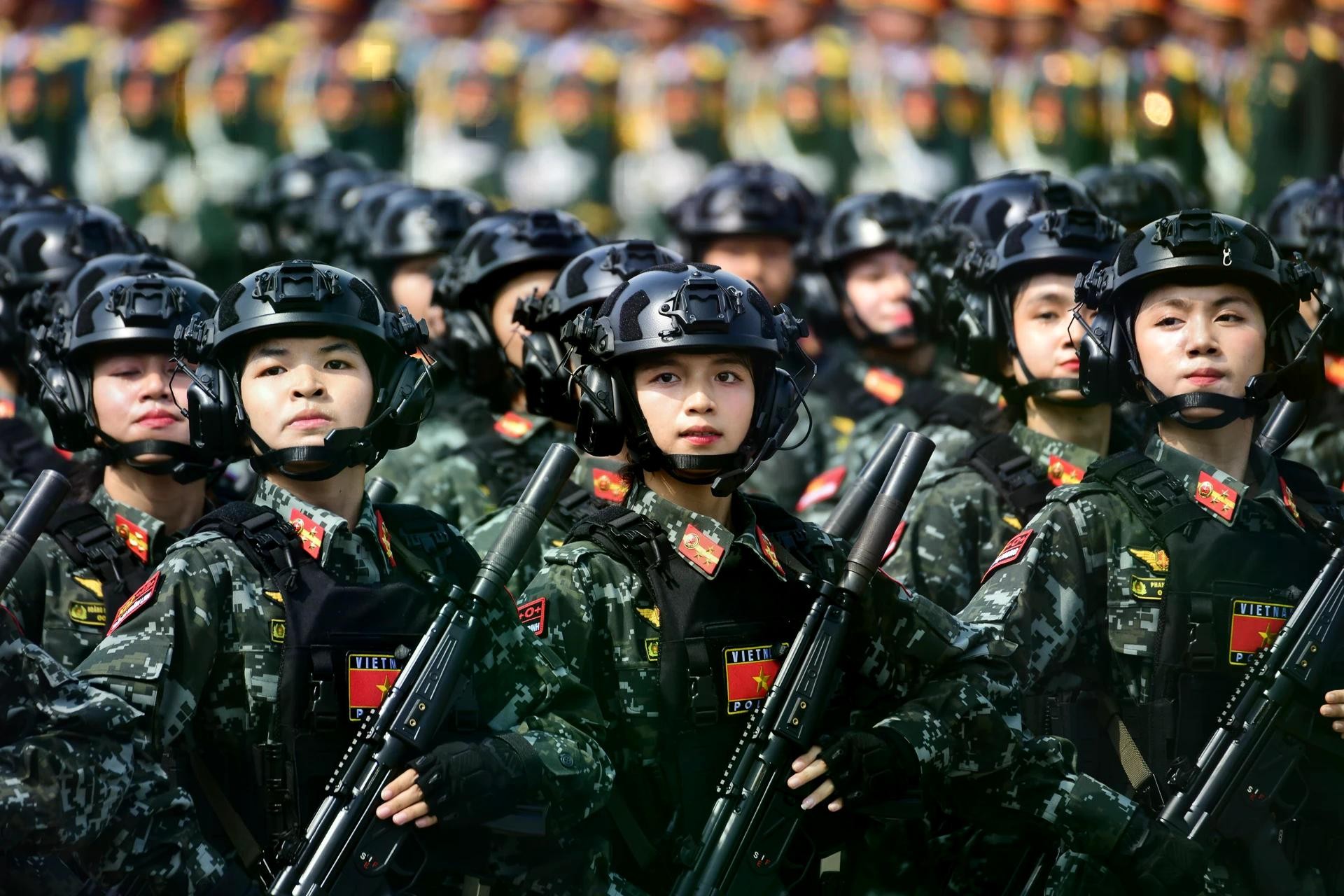




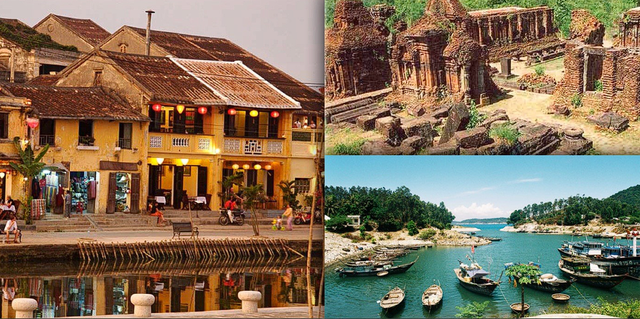
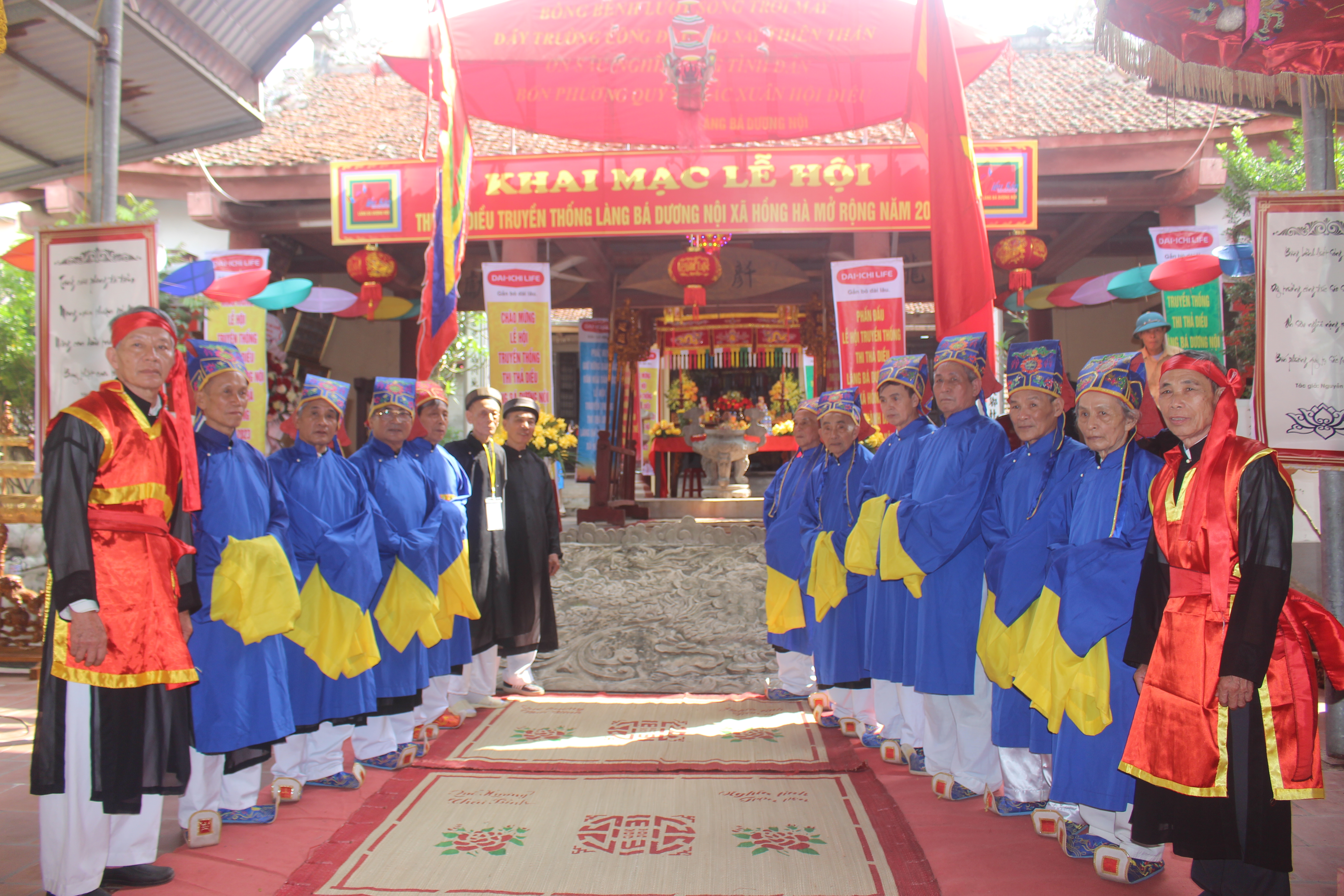

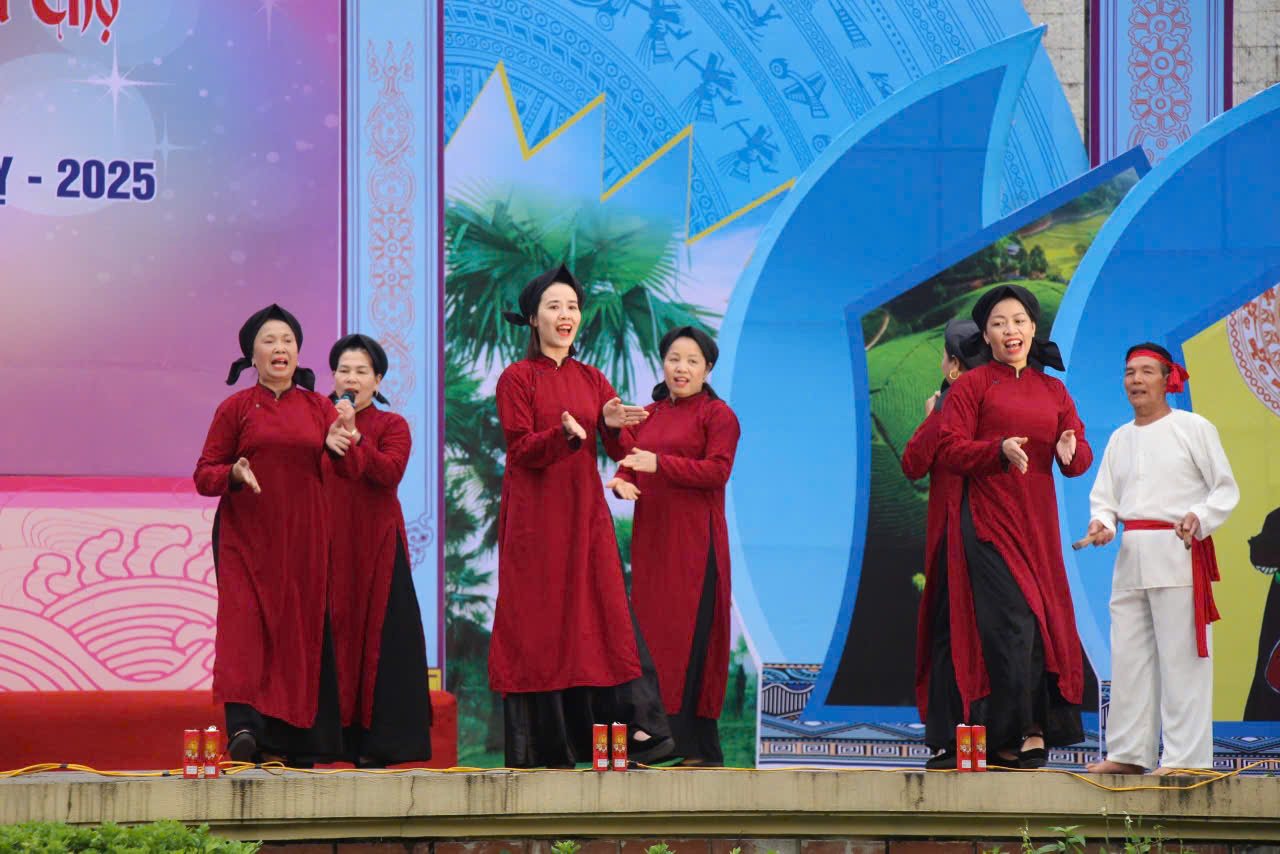


















































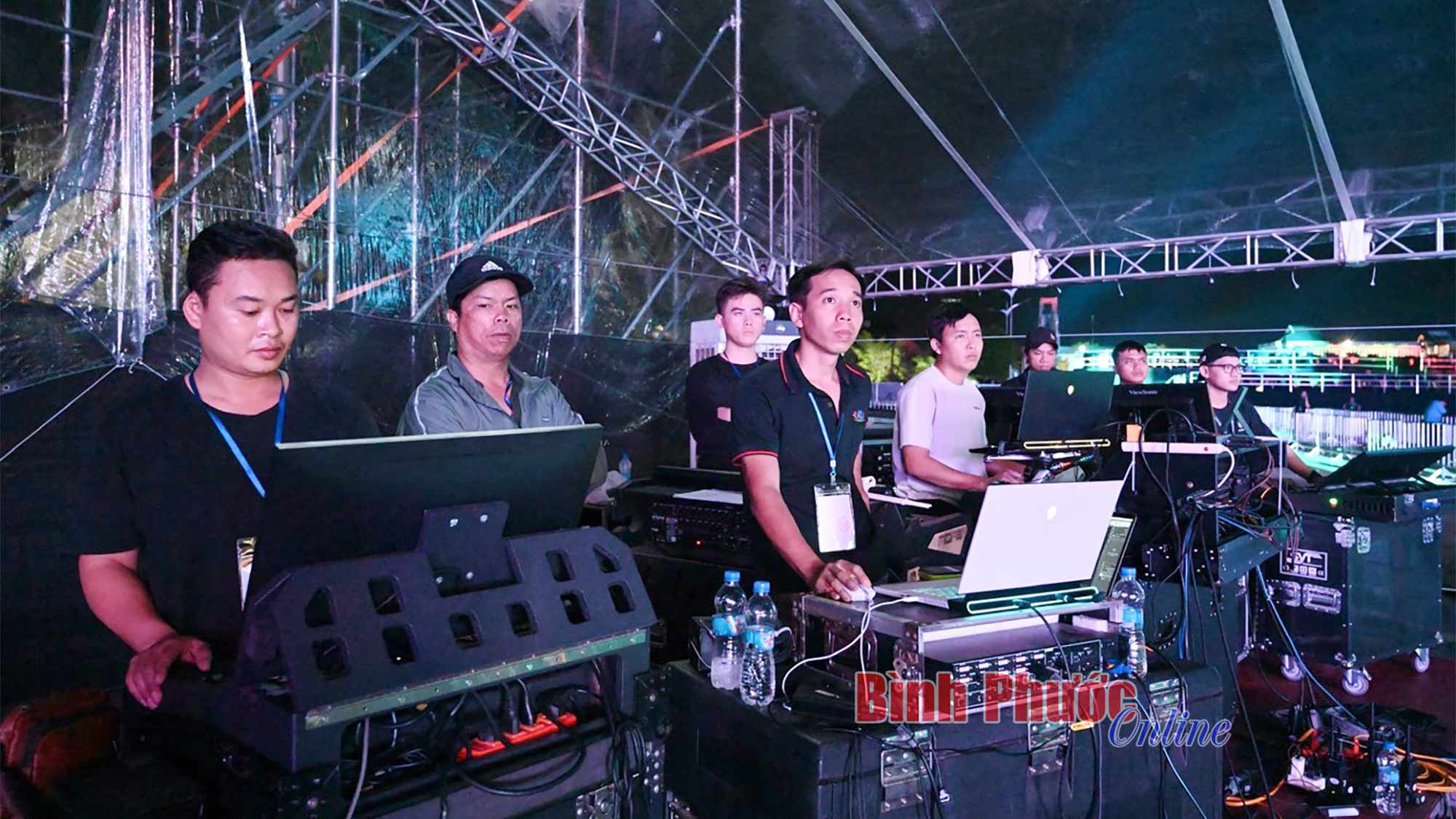















Comment (0)